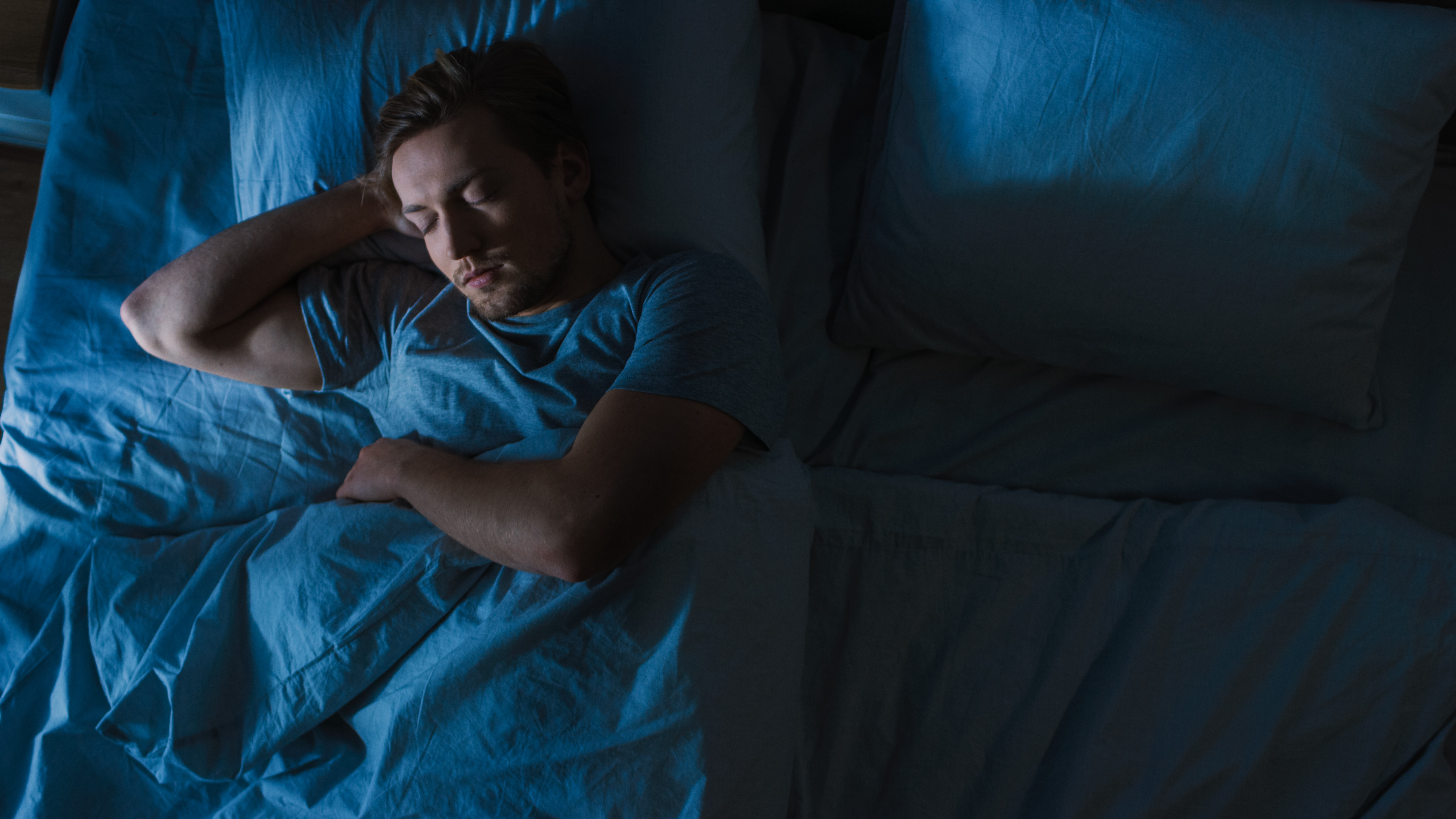"your bedroom should ideally be cooled to around 65 degrees Fahrenheit and any unwanted noise or light should be blocked out."
With Daylight Savings on March 14th, people will soon be losing an hour of sleep. For this reason, the month of March serves as a great time to reflect on sleeping habits, both the good and the bad, and what one can do to maximize their quality of rest. Every March, in support of this cause, the National Sleep Foundation promotes Sleep Awareness Week. The annual event, which, spans from Sunday, March 14th to Saturday, March 20th this year, is dedicated to challenging everyone to celebrate and prioritize healthy sleep.
Sleep is something that people tend to neglect, that can get put on the back burner while other concerns monopolize one’s attention. However, it is important to strike a balance, as good sleep habits are essentially rooted in self-care. We owe it to ourselves to make sleep a priority. This problem goes beyond simply feeling drowsy versus alert. In fact, sleep can actually be critical in determining both physical and mental well-being. Studies show that frequently getting inadequate sleep can lead to increased risk for high blood pressure, heart disease, impaired immune functioning, diabetes, and obesity. Poor sleep also impacts people psychologically, making them more prone to coping with stress in unhealthy ways, and to acting more irritable and impulsive. Therefore, sacrificing good sleep can be more detrimental than most individuals probably realize.
In order to address this, Sleep Awareness Week serves as an opportunity to educate the public and encourage improving sleep habits through a variety of fresh approaches. First, if you do not already do so, it is best to fall asleep and wake up at nearly the same time every day, including weekends. Establishing a relaxing routine at bedtime, such as listening to calming music or reading a book, can help achieve this, as well.
Additionally, making even small changes in your environment can have a major impact. For instance, to be more conducive to sleep, your bedroom should ideally be cooled to around 65 degrees Fahrenheit and any unwanted noise or light should be blocked out. Finally, finding time to exercise and monitoring caffeine intake, on top of getting light exposure early in the morning, can all be key to a solid night of rest. Of course, if someone is experiencing chronically poor sleep and no solution seems to be working, it might be best to seek a professional consultation. With plenty of local sleep clinics available, the Western New York area is full of resources.
Ultimately, there are a wide range of ways to improve upon sleep habits during Sleep Awareness Week. Over these seven days, challenge yourself to catch some extra Z’s and put your sleep, and therefore your health, first.

